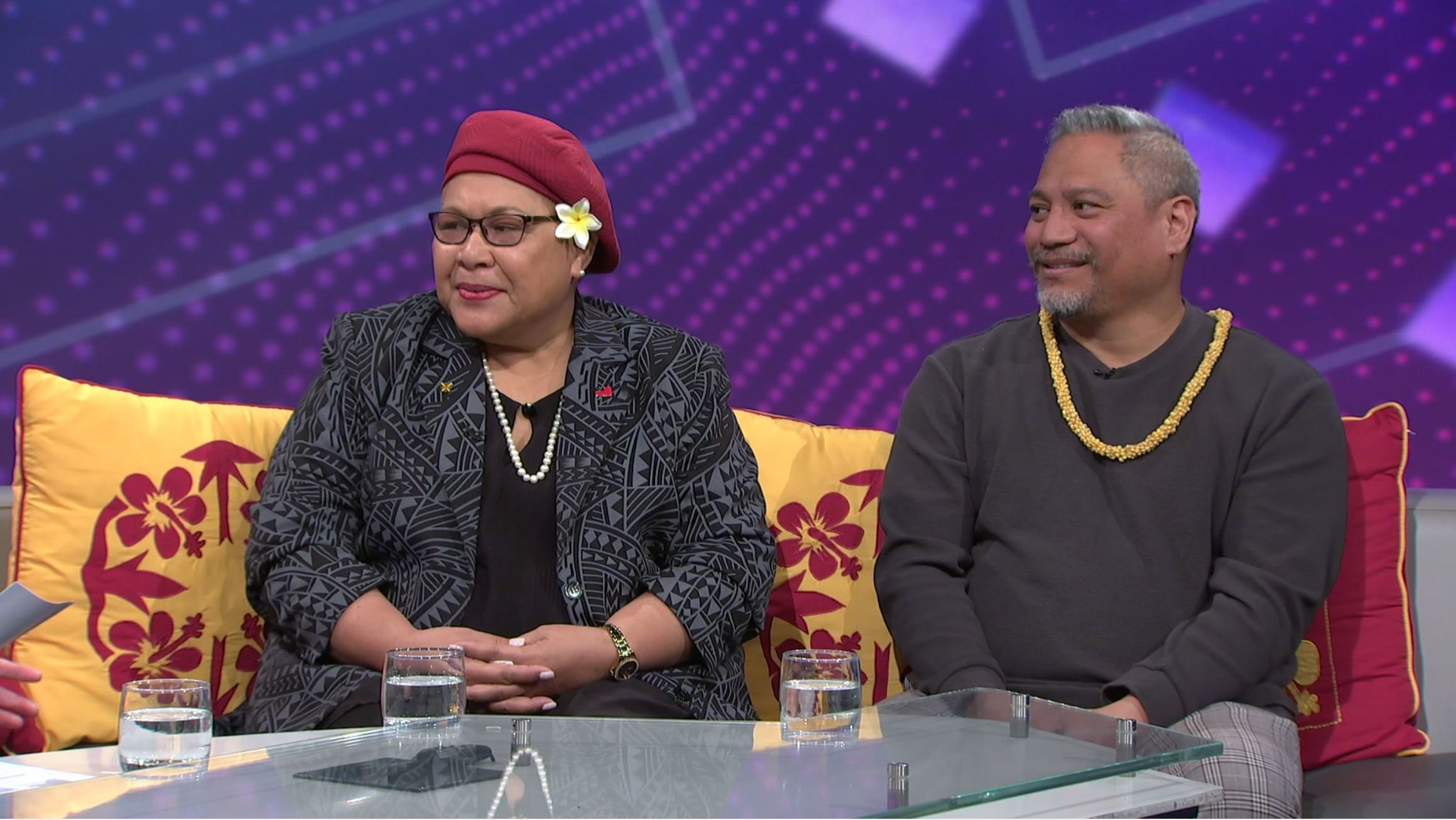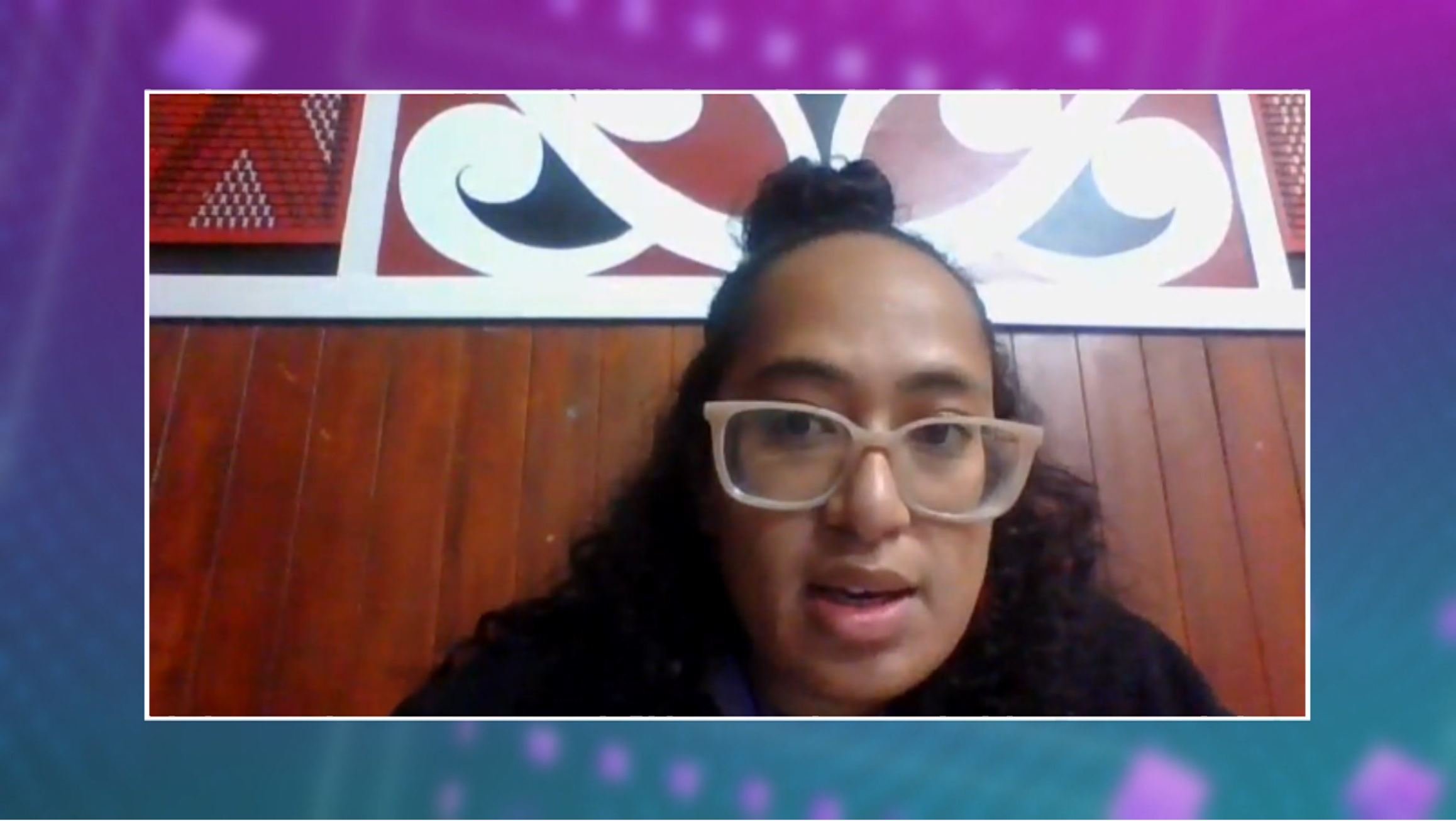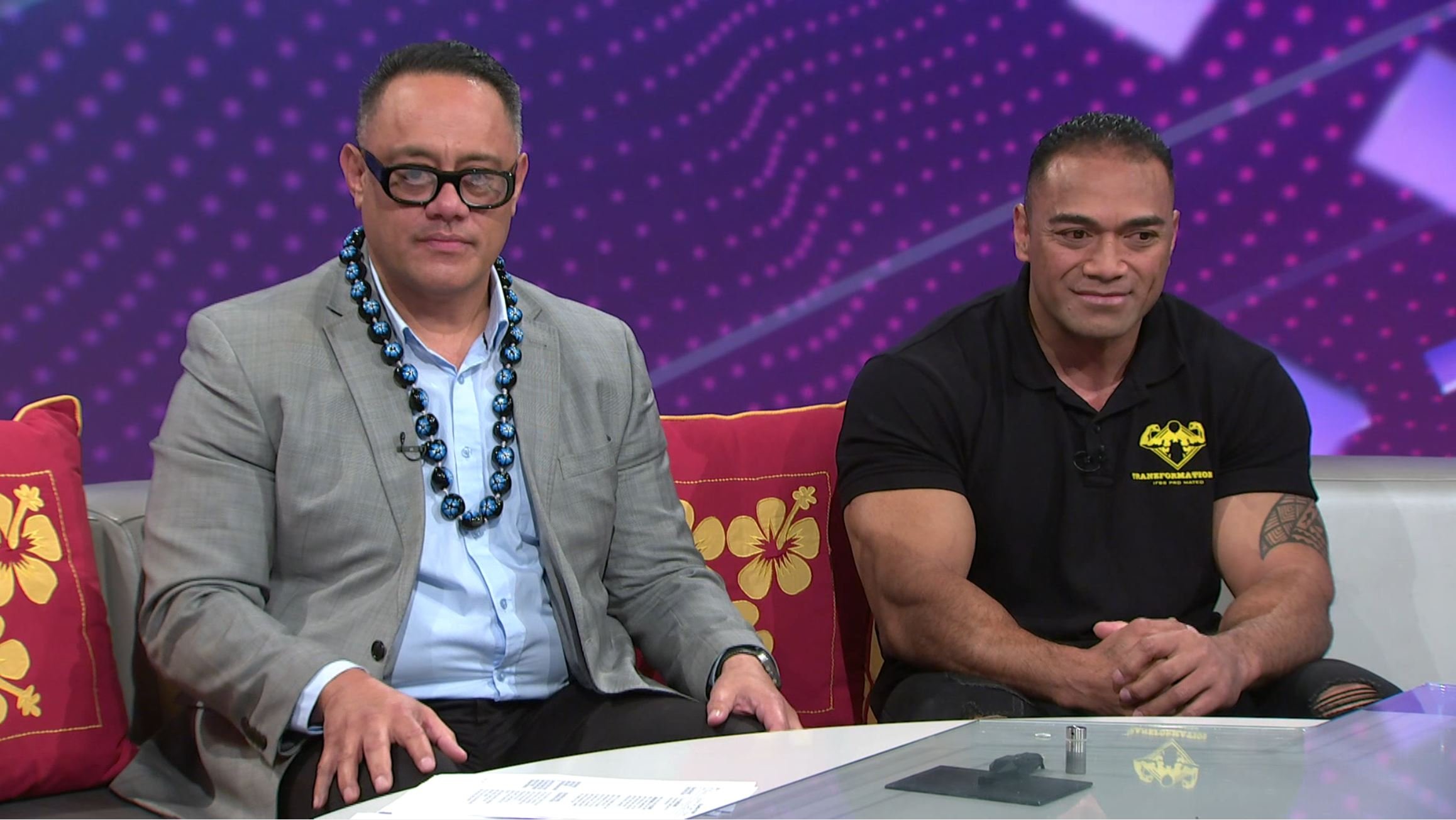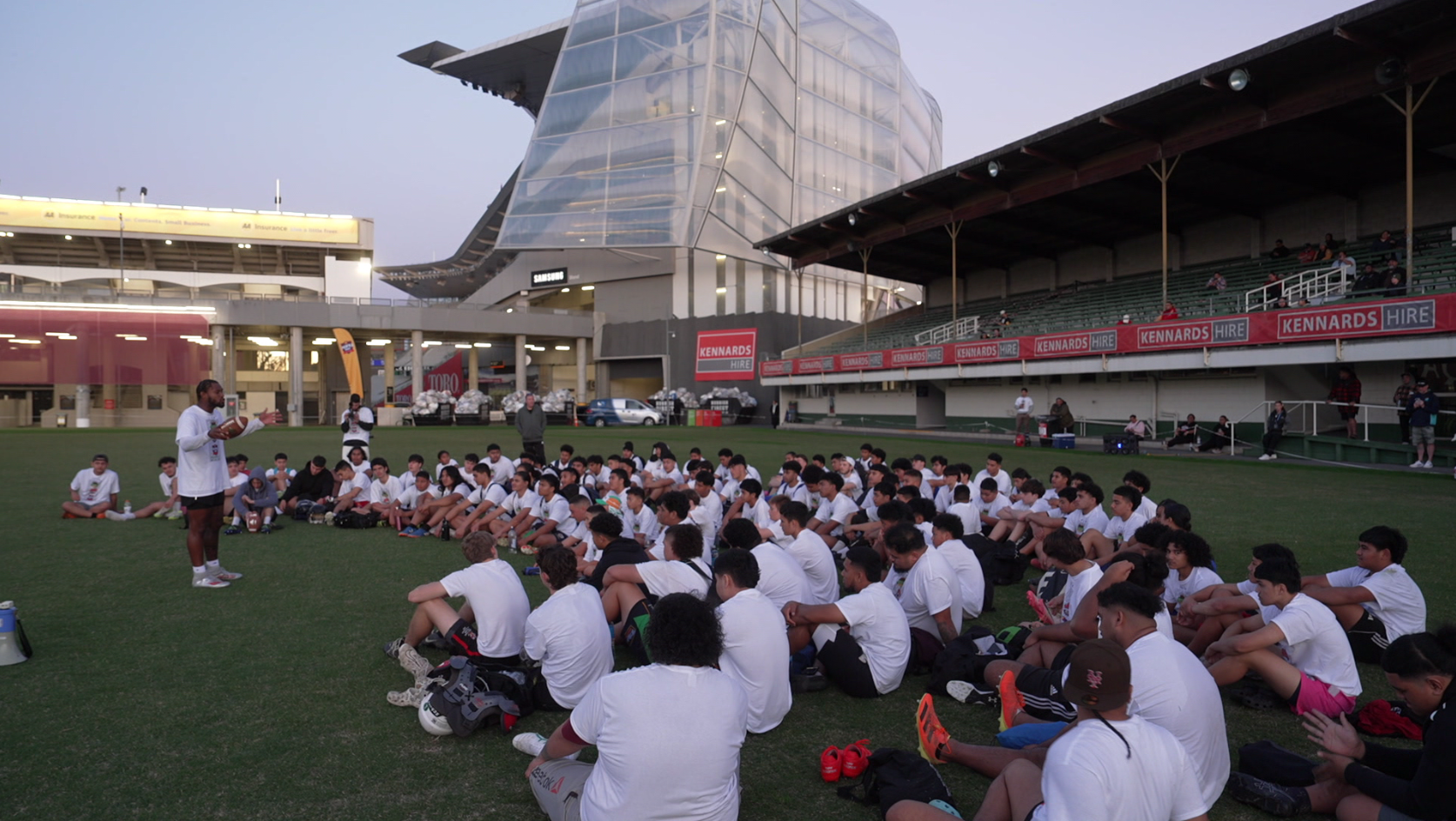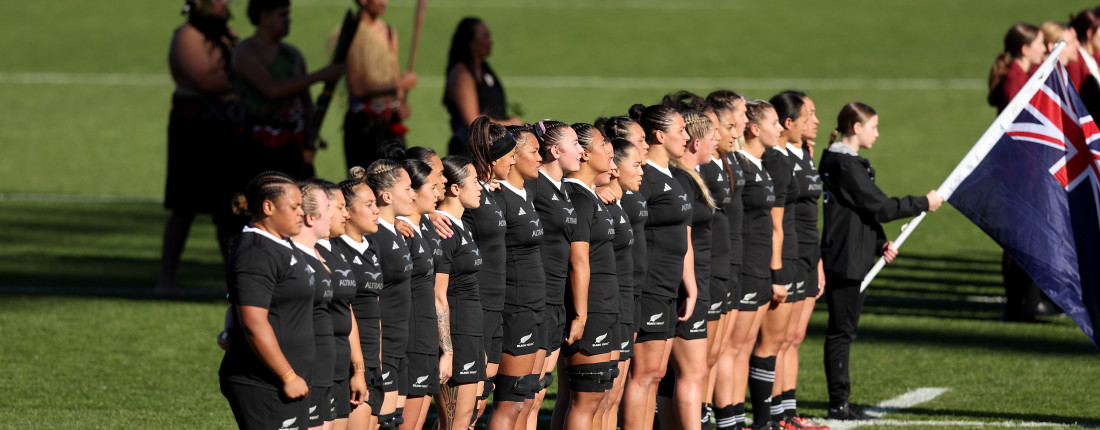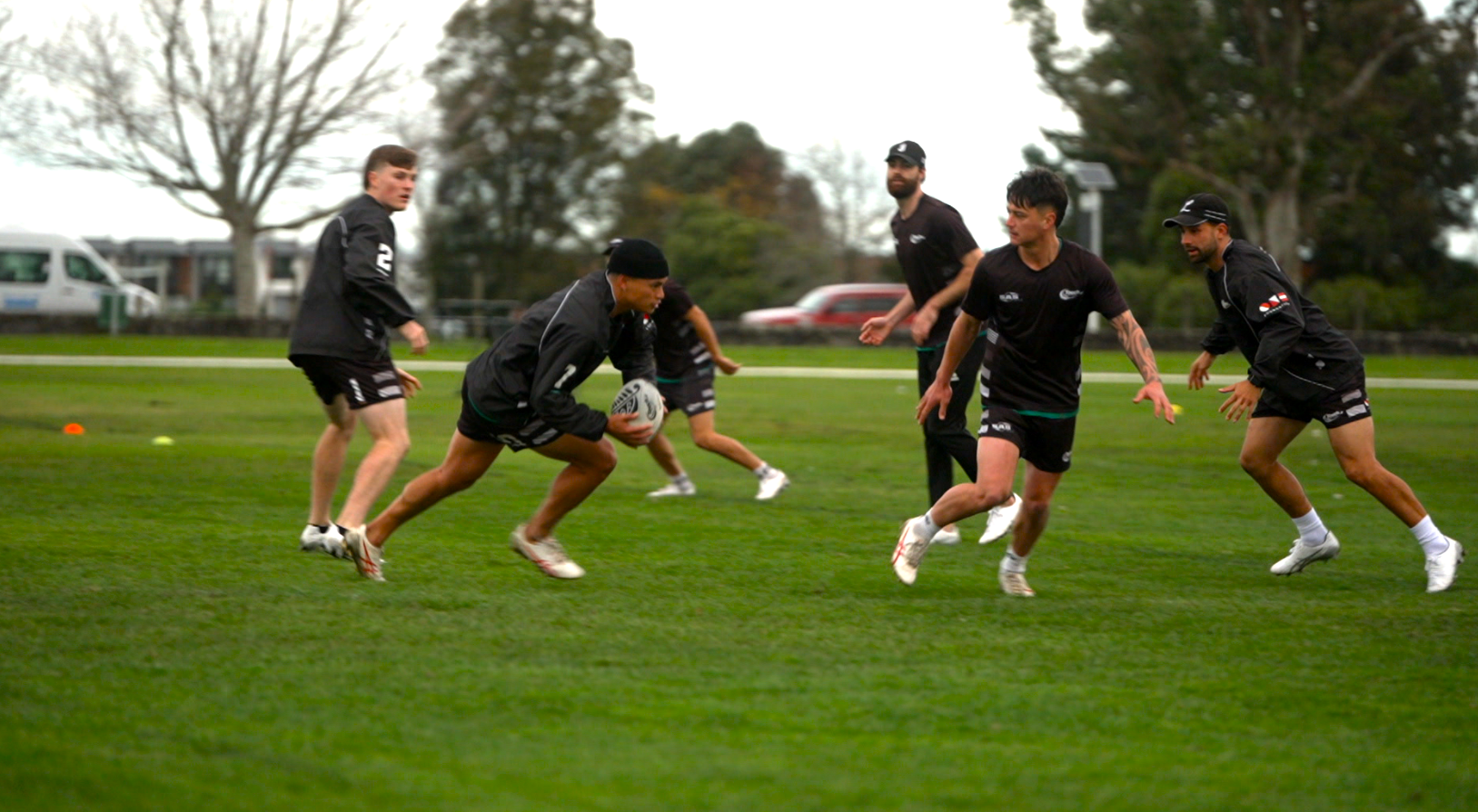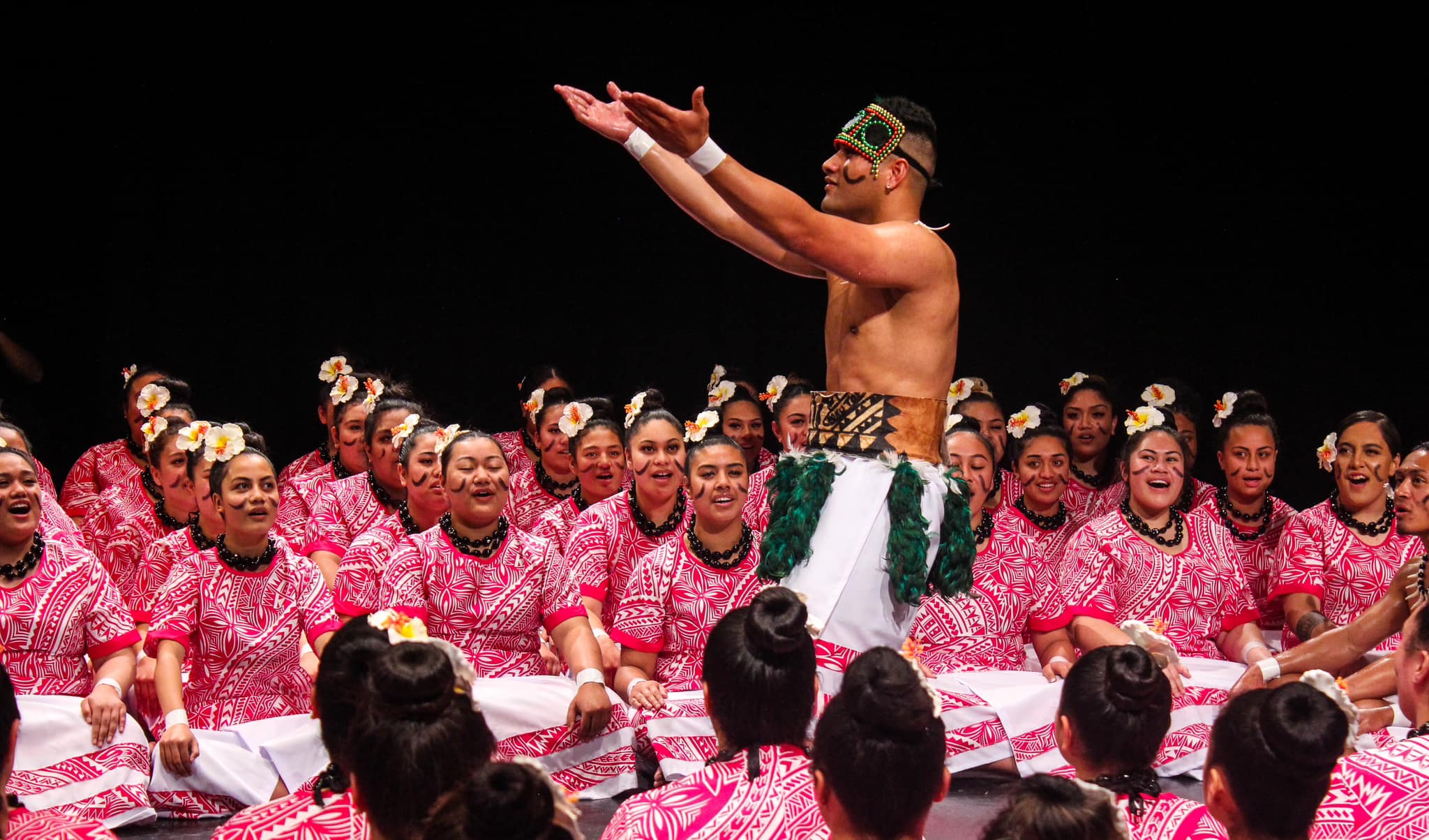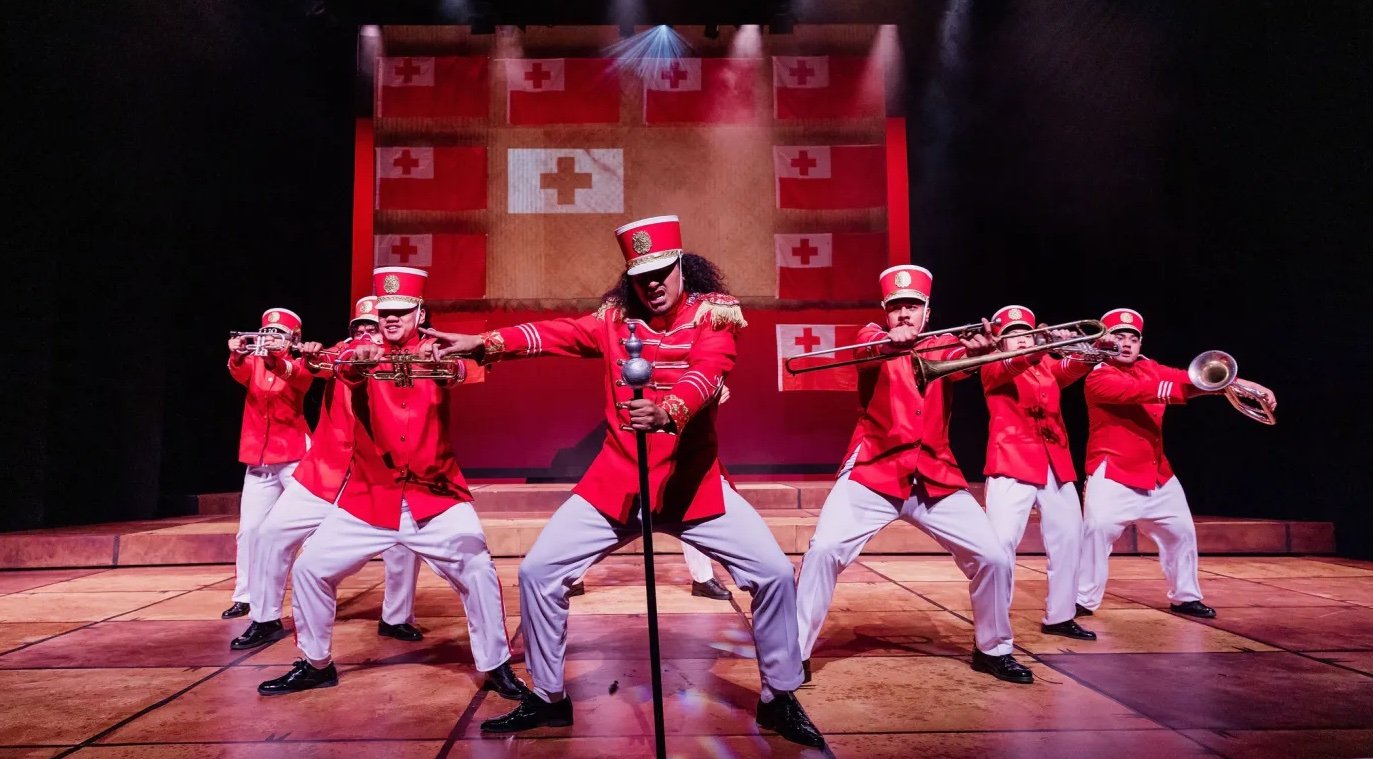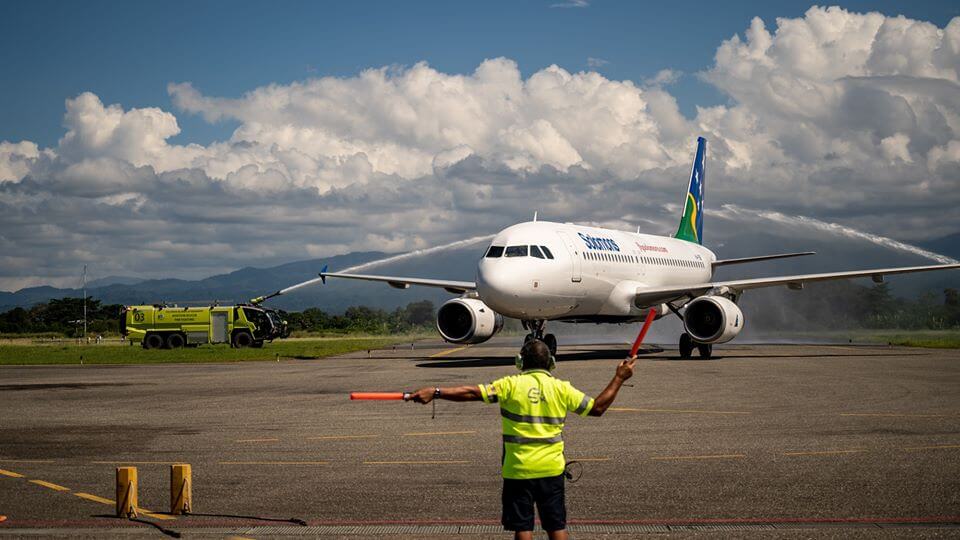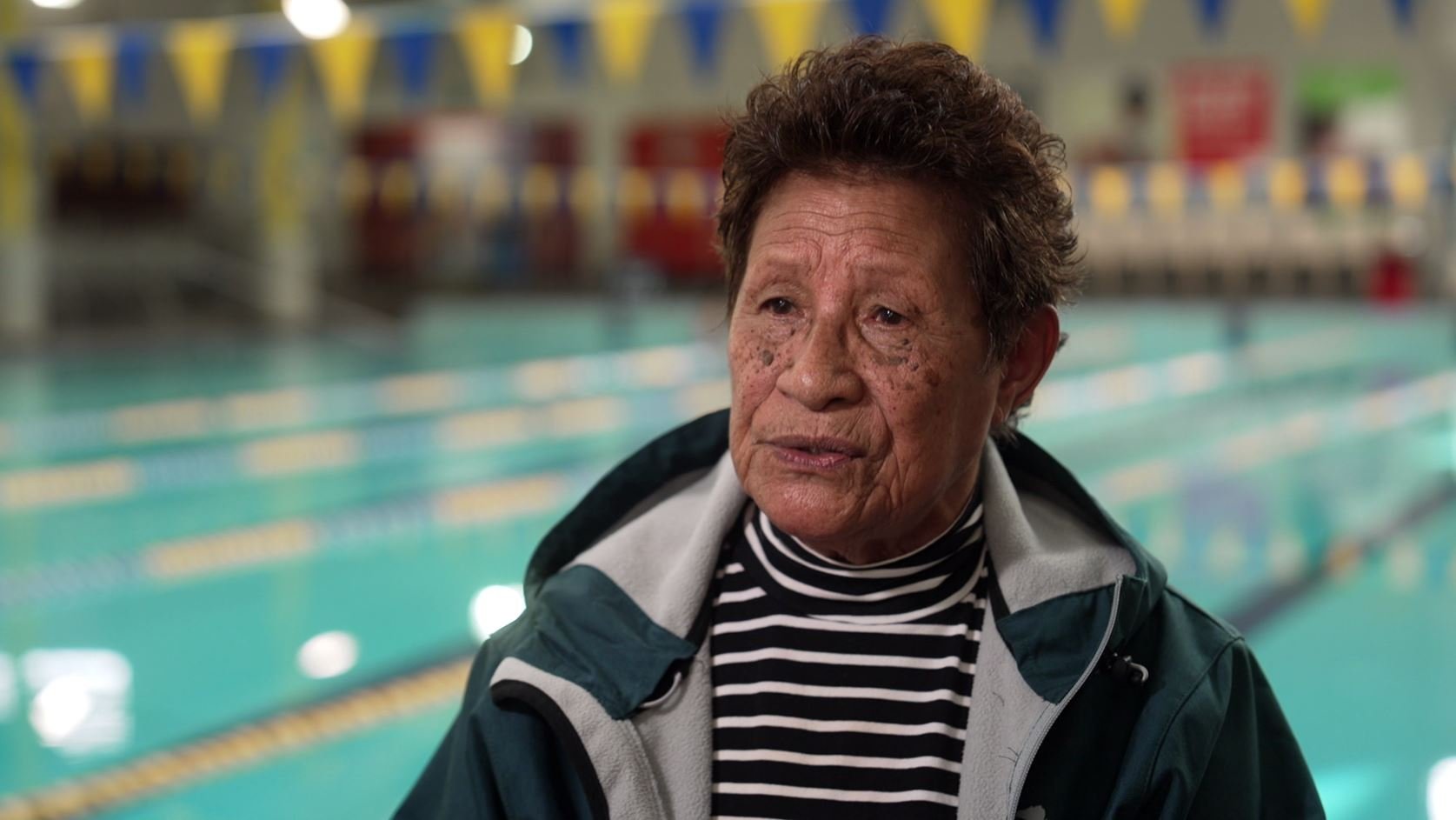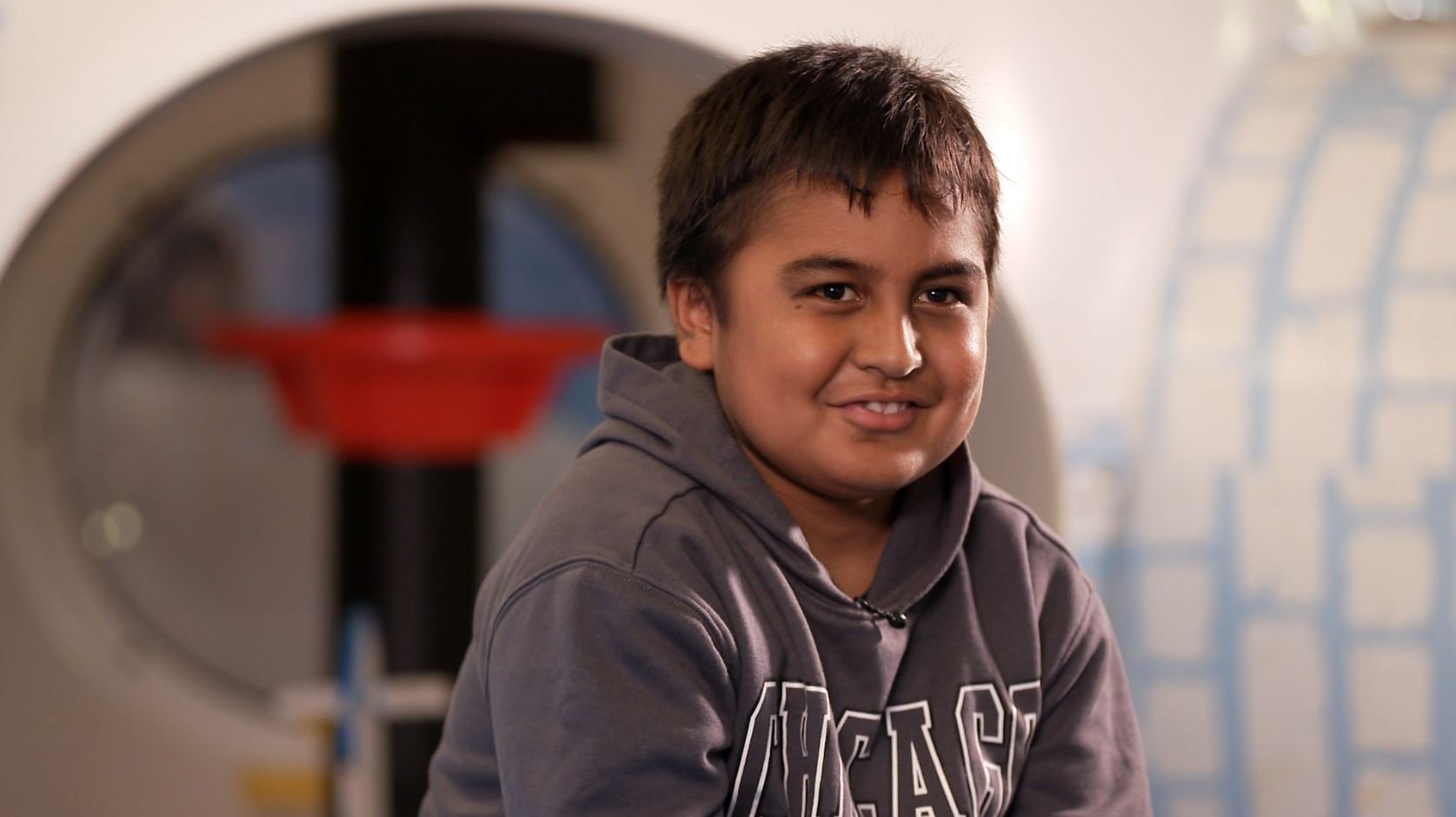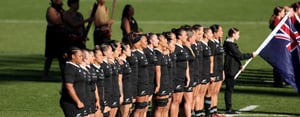It’s widely regarded as the “world’s game” but just how inclusive is it in Aotearoa?
Football or soccer has been dribbling its way around the globe leaving an impact on its fans and players.
But is the sport as diverse as it seems in New Zealand?
Hoping to answer that question was NZ Football Inclusion and Diversity manager Hussain Hanif, who was at the helm of organising this year’s Football Fest.
A multicultural festival honouring the smaller communities that make the sport in the country, Football Fest is a fusion of dance, food and of course football at the Manukau City Football Club grounds.
“For far too long our game hasn’t been as multicultural as what we wanted to,” Hussain says.
“So things like these are actually lessons for us to take away for our clubs, our federations and New Zealand football to be more inclusive.”
NZ Football conducted a series of workshops with different communities and ethnic groups for Football Fest and last November held a talanoa getting feedback from Pacific referees, players and coaches at the grassroots. .
“In our work with our pacific communities and our talanoas across the country told us that our Pasifika communities wanted a shorter form or an alternative form of football and also in a festival feel,” Hussain added
“So bringing the islands to New Zealand, and having that ability to bring the cultures and bring different faith groups together as well and connecting through football.”
Also present at the festivities was NZ Football President Johanna Wood.
She believes that if the sport is to be inclusive, the work should start from the top in executing programs such as Football Fest.
“So one of the things we’re really aware of in New Zealand football is that we have many communities that people wouldn’t consider as English communities.
“This is an opportunity for us to celebrate with our communities such as we got here at Manukau and for us to also recognise those who have given service to our game.”
Part of the celebrations on Saturday was honouring Football Fern legend Rosie Ah Wong.
Making her debut in 1979, Rose was acknowledged with a capping ceremony at Football Fest on the very grounds of the club she started her career at.
“I’m humbled by the fact that I have been recognised by the New Zealand Football Association,” she says.
“I also acknowledge the women that I played with back in the day, without their support and without their participation in this sport I don’t think I would have gotten to the heights that I have achieved over the years.”
Reflecting on her time in Manukau City colours, she says that a lot has changed in the sport.
“As you can see, not only has the club expanded, it’s had an additional area attached to it on the far side. But this was the original club here. Just this whole building to the back wall and that was it.
“But the club themselves has maintained that family-oriented community feel to it and that is the best thing that they have done.”
And NZ Football is hoping to build on Rosie’s legacy and the Football Fest to continue making the sport more inclusive and diverse.
“What we would like to be, is that we would like to be the most inclusive sport in New Zealand,” Wood says.
“So to do that we have to be part of our communities and we have to live and breathe in our community.”
Hussain shared the same thoughts.
“We know it’s not an overnight success, but what we want to do is plant these seeds and get our clubs and get our federations and our wider community to understand. So hopefully that diversifies the game as well.”













